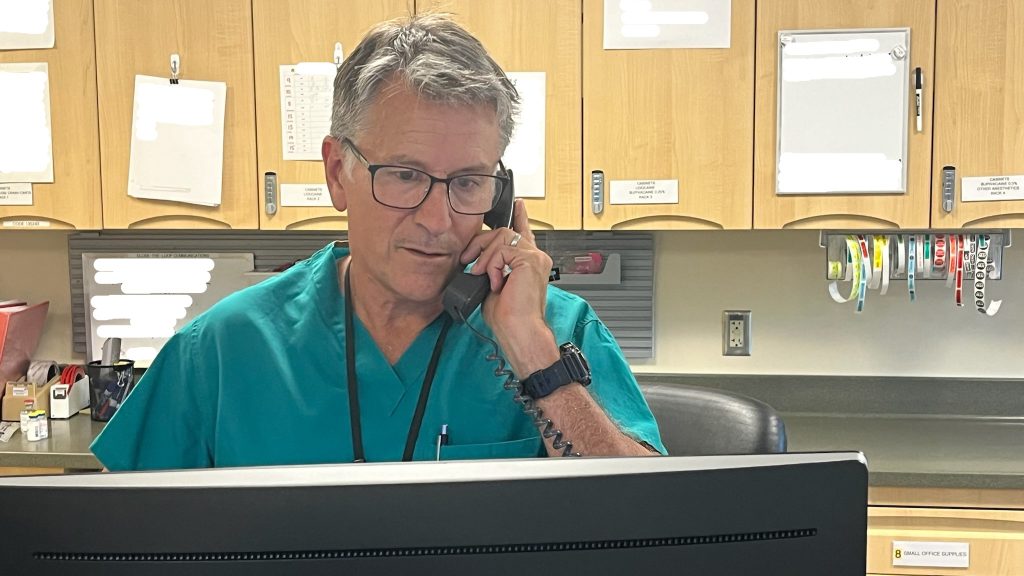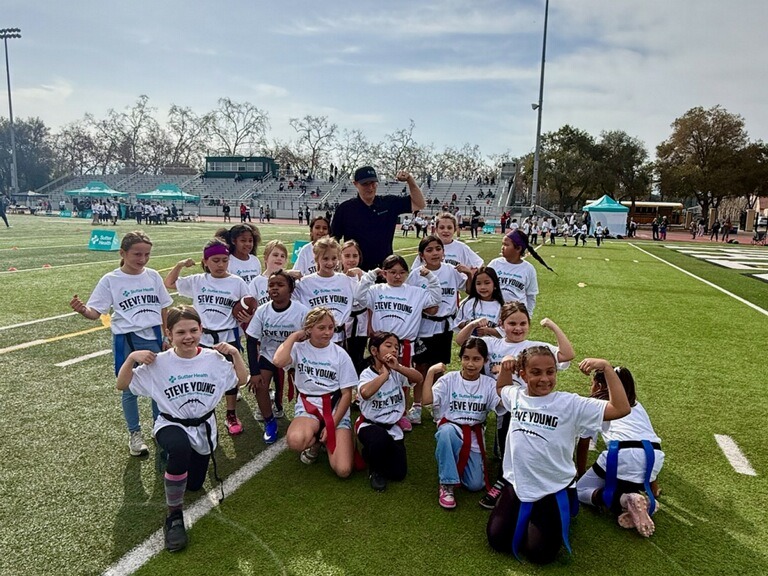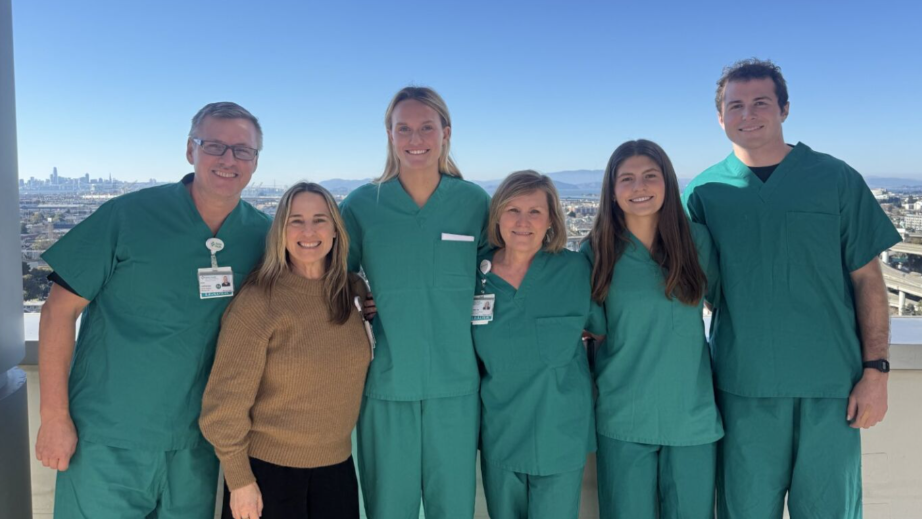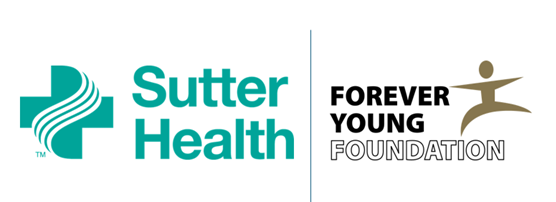By Marycon Young, Vitals contributor
Pharmacists encounter medications and other drugs every day on the job. But for pharmacist Steve Leuck, the linkage became too close. Early in his career, he found himself in the grips of addiction.
“The first nine years I was progressively using prescription medications. It was a slow descent into addiction that started innocently enough during my college years,” he said.
Leuck was one of the 12 to 15% of healthcare professionals who struggle with a substance use disorder at some point in their careers. And rather than remain silent on the issue, he aims to create an environment where it is safe to talk about it and seek help if needed. This he says is especially important for clinicians, who can overlook their own needs as they place the care of others before their own.
“Life doesn’t have to come crashing down,” he said.
Like many young healthcare professionals, Leuck found himself amid a culture where access to medications for recreational use was common, even normalized.
“In college, the upperclassmen would bring back medications to share with the younger students. It was just a known thing,” he recalls.
The turning point came after graduation and early into Leuck’s career during a night shift at a hospital pharmacy. He was battling a severe cold and decided to self-medicate with opioid cough medication.
“I thought I had cracked the code on how to take care of myself. But that was the beginning of my downward spiral,” he said.
September is Recovery Month and Suicide Prevention Awareness Month. If you or someone you know needs help with substance use disorders, please consider seeking help:
• Substance Abuse and Mental Health Services Administration’s (SAMHSA) National Helpline: 1-800-662-HELP (4357)
• Sutter Health’s Mental Health and Addiction Care Services and Resources
As Leuck’s career progressed — marriage, children and a respected position as a hospital pharmacy director — his addiction deepened.
“I was treating symptoms aggressively with opioid medications for everything from headaches to stomachaches,” he explained.
The facade of a successful professional life was cracking under the weight of his addiction.
“My personal relationships were falling apart. I wasn’t there as a parent or a husband,” he said.
Leuck’s moment of truth came when he could no longer bear the burden of his secret. He confessed to the owner of the independent pharmacy he was working at the time, expecting the worst. Instead, the owner called the California State Board of Pharmacy’s recovery program, initiating Leuck’s path to rehabilitation.

Steve Leuck currently works as a part-time pharmacist at Sutter Maternity & Surgery Center of Santa Cruz.
“The next day, I was in a rehab facility, learning the tools of recovery, taking responsibility for my actions and dealing with my emotions,” he said.
Leuck compares addiction to chronic diseases like diabetes or hypertension. It can be manageable with the right treatment and vigilance. Part of his healing included writing a book that delves into his experience, offering insights into the tools of recovery and the importance of support systems.
Leuck’s recovery was not just about abstinence, but about rebuilding his life and career with integrity. After completing rehab and 18 months of group therapy, he resumed his pharmacy practice at a national healthcare system, eventually retiring from his role after 25 more years of service. Now as a part-time pharmacist at Sutter Maternity & Surgery Center in Santa Cruz for more than two years, he continues to champion patient education and support for colleagues who might be struggling. He says he wants to inspire other healthcare professionals to seek help, break the stigma of addiction and support one another in their personal and professional lives.
“My goal is to model what it looks like to go through the steps to ask for help and come out the other side with a whole new lease on life,” he said.





